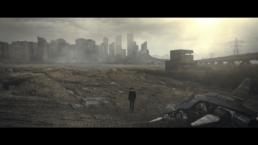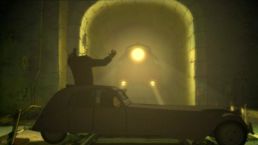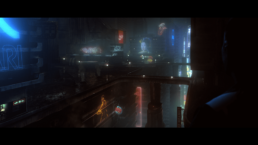Bruno GHIGOU
Bordeaux, FR
Compositor, production manager and compositing supervisor for film, animation and VFX. Special effects teacher at EMCA Angoulême and Bordeaux Ynov Campus™.

Biography
After studying engineering and audiovisual techniques, Bruno Ghigou turned to animated cinema, and the supervision of several feature films: Les Triplettes de Belleville, U La Licorne, Tous à l’Ouest. He moved towards special effects and compositing, which he teaches as a trainer and speaker at the School of Animation Cinema in Angoulême. He is currently responsible for the Special Effects Master of the Ynov group.
Bruno Ghigou's answers
My name is Bruno Ghigou, I am a composer supervising compositing for cinema, animation cinema, special effects. I was production manager and for several years now, I teach special effects in animation school at EMCA and in Bordeaux also in an audiovisual teaching group with a special effects specialty. We are facing a renewal today in the mastery of digital tools which are both particularly complex and extensive. That is to say that the field of the digital image is very wide: audiovisual production for television, cinema, Fine Arts, animation. We are looking to simultaneously have extremely competent, extremely qualified people, therefore with advanced education and, in addition, a transversal vision which allows these professionals who are highly sought after on the market, in the employment environment, a transversal vision which allows them to integrate them perfectly, so that they have a global view of the manufacturing process. For me, in this sense, it is really the fundamental on the deployment of a more advanced education at master 1, master 2 level.
What is important is really the fundamental lessons, that is to say that we start from the principle that Bachelor 1, a Bachelor 2 Bachelor 3, we have a maturity which is given to the student for him provide a basic vision of all image objectives, whatever it is, whatever the specialty. Afterwards, we go much further in the master’s, so more advanced fundamental courses by discipline and afterwards to give this transversal vision, we go through project management, connections with other specialties so that they can deploy their technicality with the professionals who will surround them. Project, project management and finally support, to be able to deploy all this knowledge.
If we talk very generally about image production, I’ve always been confronted with fundamental problems, I mean, as soon as things don’t go very well with professionals, it’s often because the basics don’t have not been well posed and therefore we have hesitations, hesitations, lack of technical and technological culture on digital imagery. So me, I would start by making sure that the acquisition is done on the fundamentals of digital images. That is really the most important. Once that’s done, it’s a fairly theoretical part of the image, it’s the tools, that is to say understanding what are the new tools that allow you to make media in cinema d animation, in video games, in real time, for architecture, for the setting up of plastic works, perfectly identify the tools and develop a mastery of these tools linked to the student’s specialization.
This is an interesting question because we are currently in the world of special effects, we are experiencing a real revolution in our production methods because we are currently integrating video game engines, of real time which allow us to produce special effects in the cinema in real time. So there is a major upheaval in production methods, that is to say that everything we have built over the past 15 to 20 years is being called into question, which means that students who are doing well are those who have developed, who have fully understood the technical issues, who then know how to integrate this in a transversal way. What I was saying earlier, so here we are working on Unreal Engine, like many new real-time engines, we use it in filming and we are going to have a mutation that I estimate at around five years , that is to say that there, we are already working on these educational issues so that the students can, afterwards, guarantee their revolution by themselves over the next five to ten years through these new tools.
Artificial intelligence, that’s for sure, we’re waiting for it, for the moment, it’s not really deployed, we feel that there’s a change there, I was talking about real time, so production methods are evolving. That is undeniable, that we already integrate it into the transversality and the specialty of our students.
As we don’t know what are the technological tools which can arrive, which arrive very quickly, every two years, every three years, we have something new which arrives in our environment. You have to be able to place students above these upheavals to give them sustainability over ten or 15 years. Me, it’s really what I actually impose on myself in educational terms.
Yes, for example in my sector, it is known that we cannot really find technicians capable, on a film set, of mastering the set, the organization of filming and all the digital issues of special effects that happen more in the studio. A hybrid profile that is as comfortable with post-production, 3D animation, real-time, video games and at the same time able to evolve serenely in a world of cinematographer, filming, cinema, actor . This profile, currently, there is no school that meets this expectation. So it could fit into a media program.
I personally find it interesting to organize pure technical specialization in Master 1 in the first year and offer, after Master 2, the means for the student to deploy all his knowledge through a very professional project. In this way, the student feels able to attack the professional world by having been able to deploy all his knowledge and show his transversality through cooperation or joint projects between the different specialties of the project.






